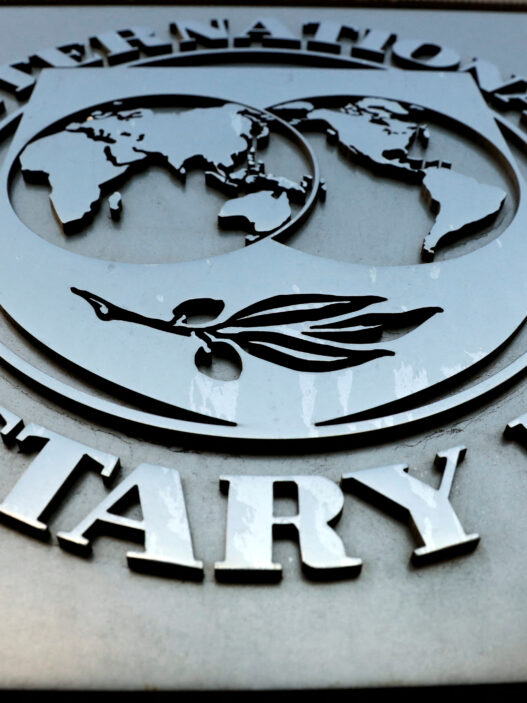What Happened? Consulting Giant Trims Its Dragon’s Tail
Powered by MasterCFA.com
McKinsey & Company, the renowned U.S.-based consulting firm, is making significant changes to its operations in China. According to a recent Wall Street Journal report, the company has:
- Cut approximately 500 jobs, about one-third of its workforce in China
- Reduced its government-linked clientele
- Begun separating its China unit from global operations
These moves come as part of a broader strategy to revamp McKinsey’s China business and mitigate security risks associated with operating in the country.
Why Does This Matter? Ripples in the Global Consulting Pool
Impact on the Economy
McKinsey’s restructuring in China reflects broader trends in the global economy:
- Shifting geopolitical tensions affecting international business
- Changing dynamics in the consulting industry, especially in emerging markets
- Potential ripple effects on other multinational corporations operating in China
Personal and Business Effects
This development has far-reaching implications:
- Job market fluctuations for consultants and professionals in China
- Potential changes in how international companies approach their China strategies
- Shifts in the competitive landscape for both local and global consulting firms
Theoretical Concepts in Action: When Theory Meets Reality
Economic Theories at Play
- Decoupling Theory: McKinsey’s separation of its China unit exemplifies the concept of economic decoupling, where interconnected economies begin to separate due to geopolitical factors.
- Risk Management in International Business: The firm’s actions demonstrate practical application of risk management theories in a global context.
- Labor Market Dynamics: The significant job cuts reflect theories of labor market adjustments in response to changing business environments.
Real-World Application
Historically, we’ve seen similar strategic shifts:
- IBM’s exit from the PC market: In 2005, IBM sold its PC business to Lenovo, showcasing a major restructuring in response to market changes.
- Google’s approach to China: Google’s decision to limit operations in China in 2010 due to censorship concerns parallels McKinsey’s risk management strategy.
These examples highlight how companies apply theoretical concepts to navigate complex international business landscapes.
What Could Happen Next? Crystal Ball Gazing
Potential future developments include:
- Other consulting firms following suit, leading to a broader industry trend
- Increased focus on domestic Chinese consulting firms
- Shifts in how multinational corporations structure their China operations
- Potential regulatory responses from Chinese authorities
Why You Should Pay Attention: Lessons Beyond the Headlines
Understanding these developments is crucial for several reasons:
- Global Business Acumen: It provides insights into navigating complex international markets.
- Risk Assessment Skills: Enhances your ability to identify and evaluate business risks in global contexts.
- Strategic Thinking: Improves your capacity to analyze and predict market trends.
- Career Opportunities: Awareness of such shifts can help in identifying emerging career paths in consulting and international business.
Questions to Ponder: Digging Deeper
- How might McKinsey’s decision impact the broader consulting industry in China and globally?
- What are the potential long-term consequences of separating business units along geopolitical lines?
- How can multinational corporations balance risk management with growth opportunities in challenging markets?
- What skills and knowledge will be most valuable for consultants operating in this changing global landscape?
- How might this shift affect the flow of business knowledge and practices between China and the West?
Keep Learning with MasterCFA: Understanding global business strategies and their economic implications is crucial for aspiring financial analysts. Dive deeper into these topics to enhance your understanding and prepare for the CFA Exam. Explore more insightful articles and resources with MasterCFA to stay ahead in your finance career.















